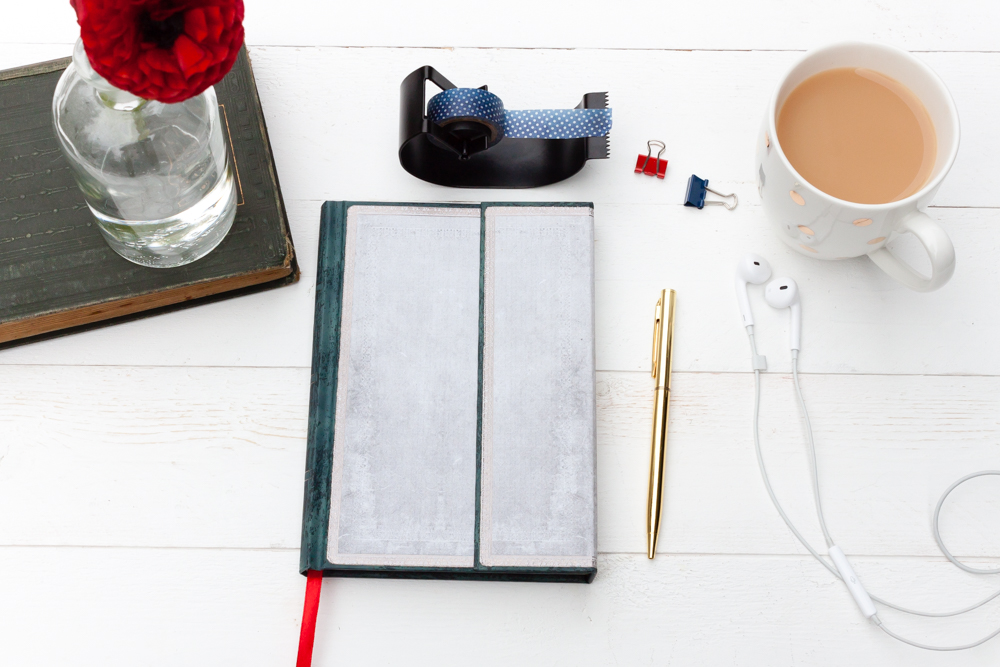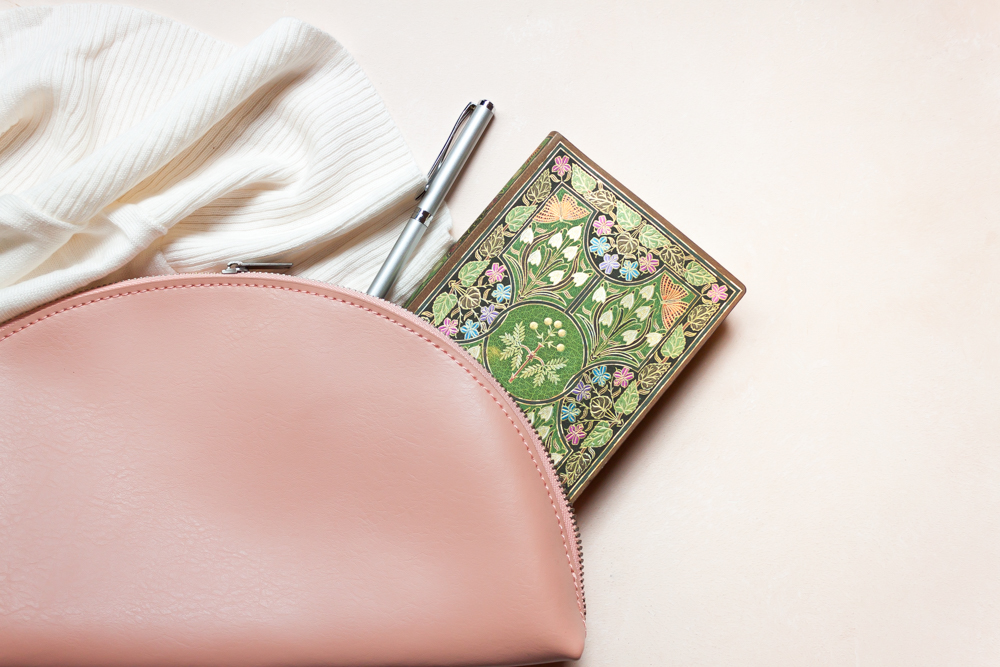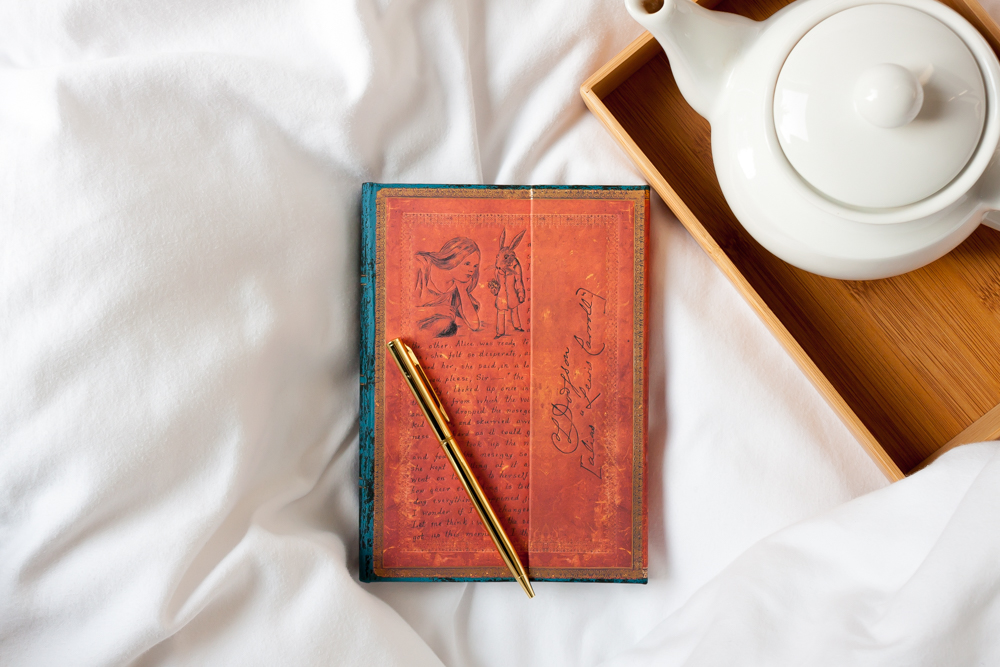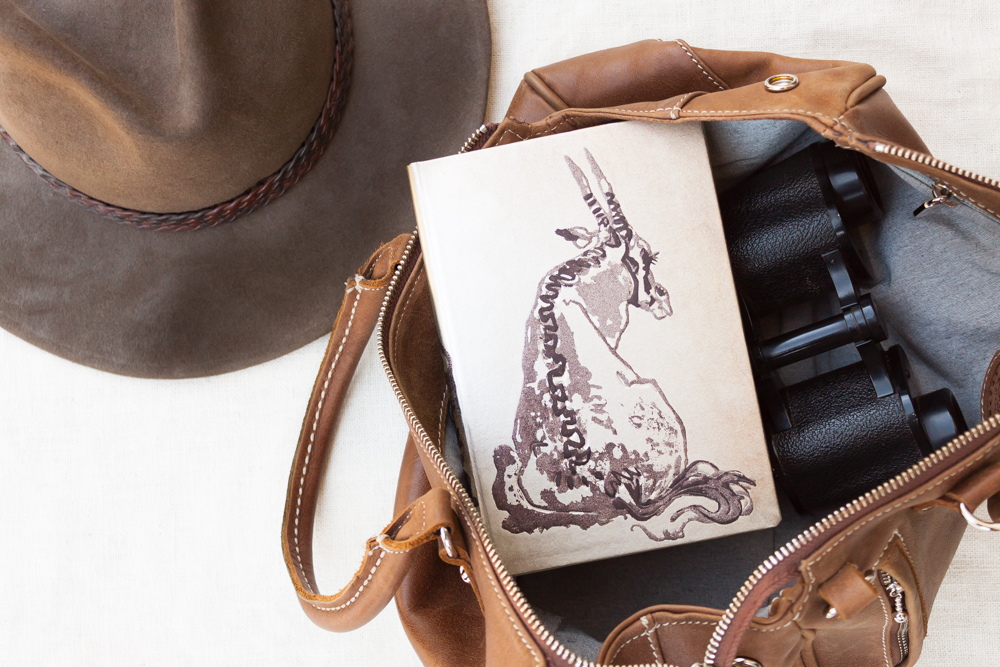We often hear of the importance of keeping to a routine. This is, however, particularly true for creatives who stick to their unique routines in preparation for creativity to strike.
No one knows when a spark of an idea will hit, but creating the ideal environment for it to happen is often the best place to start. Check out the creative routines of these seven great writers below for some inspiration on your own writing routine.

Joan Didion goes to bed with her words
“Another thing I need to do, when I’m near the end of the book, is sleep in the same room with it. That’s one reason I go home to Sacramento to finish things. Somehow the book doesn’t leave you when you’re asleep right next to it.”
E.B. White professes there will never be a right time to start writing
“A writer who waits for ideal conditions under which to work will die without putting a word on paper.”
Jack Kerouac embraces natural light
“I had a ritual once of lighting a candle and writing by its light and blowing it out when I was done for the night…”
Susan Sontag allows herself one cheat day
“Starting tomorrow – if not today: I will get up every morning no later than eight. (Can break this rule once a week.) I will have lunch only with Roger [Straus]. (‘No, I don’t go out for lunch.’ Can break this rule once every two weeks.)”
Simone de Beauvoir sets a flexible routine and takes pleasure in her work
“I’m always in a hurry to get going, though in general I dislike starting the day. I first have tea and then, at about ten o’clock, I get underway and work until one. Then I see my friends and after that, at five o’clock, I go back to work and continue until nine. I have no difficulty in picking up the thread in the afternoon. When you leave, I’ll read the paper or perhaps go shopping. Most often it’s a pleasure to work.”
Ernest Hemingway cherishes the first hours of daylight
“When I am working on a book or a story I write every morning as soon after first light as possible. There is no one to disturb you and it is cool or cold and you come to your work and warm as you write. You read what you have written and, as you always stop when you know what is going to happen next, you go on from there. You write until you come to a place where you still have your juice and know what will happen next and you stop and try to live through until the next day when you hit it again.”
Haruki Murakami believes physical activity is just as important as mental
“When I’m in writing mode for a novel, I get up at 4:00 am and work for five to six hours. In the afternoon, I run for 10km or swim for 1500m (or do both), then I read a bit and listen to some music. I go to bed at 9:00 pm. I keep to this routine every day without variation. The repetition itself becomes the important thing; it’s a form of mesmerism. I mesmerize myself to reach a deeper state of mind.”








Informative piece Laura! What is your writing routine?
Thank you, A Different Version! I think I can relate to Ernest Hemingway’s routine of getting started early in the day!
What routine works for you? 🙂